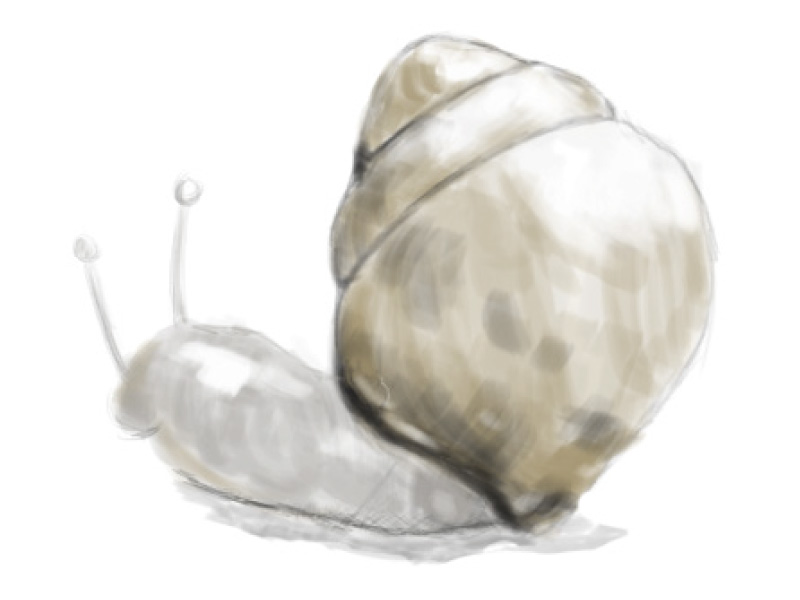What the Living Can Learn From the Dying
Head & Senior Consultant, Division of Palliative Care,
National University Cancer Institute, Singapore (NCIS)
A previous article mentioned the widespread (mis)perception that Palliative care is depressing and disheartening. What is less often discussed is how and why Palliative care workers keep doing what they do, and seem rather contented doing it. The hours are long; we deal with pain, loss and other difficult issues; it’s hardly a glamorous career… in fact a wag once described my work as “a dead end job” (ha ha).
I personally get back so much more than I give. Caring for patients and families, and working with the medical teams who look after them, has taught me so much that cannot be found in textbooks. About the science and art of medicine, the miracle and mystery of human existence and relationships, and most of all about myself. Let me share a few examples:
It may never be the “right time”, but now is all we have
47-year-old Mr K was trying his best to cope. With the cancer, the pain, the chemotherapy, the inability to work. Talk to your wife and kids we said. “It’s not the right time”. His disease grew through conventional chemotherapy, so he was offered a trial treatment. Once again he was advised to talk to his family, to prepare for the worst. “It’s not the right time” was his consistent answer. And on it went, until he was admitted to hospital in extremis, too breathless to speak, barely able to recognise his distraught relatives. It would never be the right time, but now there was no time left.
So don’t wait to show your appreciation, say you’re sorry and I love you, let your loved ones know what you want and don’t want. If it’s important, don’t wait. There may never be a “right” time, but you never know, it might be the only time.
The things that matter most at the end of life aren’t “things”
Surveys conducted across different countries have shown common themes about what people would value at the end of life. A minority prioritised life prolongation, the majority preferred comfort, being at peace, having loved ones present, and not burdening family members. Surveys that have been conducted in Singapore by the Lien Foundation show similar findings, with respondents indicating a range of concerns, including being a burden to others.
Some of my older patients tell me “my children are all grown up with their families, no need to worry anymore”. Others are less assured, especially those with elderly parents or younger children, and they may feel guilty about not being able to continue with their responsibilities and roles. A few express regrets, usually about not spending more time with family, not valuing relationships more, not appreciating what they had.
People can grow
While it is true that many people die as they have lived, many can overcome the ingrained habits of a lifetime, to discover something new about themselves. These is a Chinese saying 活到老,学到老 which literally translates into “Live till you are old, learn till you are old”. Serious illness and dying can be opportunities to learn and to grow, for patients and families.
People used to being in charge have had to learn to stop needing to “run the show”, and accept that ceding control does not dent their dignity. Their partners, used to a more passive role, have had to step up, be more proactive. As physical health deteriorates, many have found ways to adapt to their changing circumstances, to strengthen themselves spiritually and emotionally, and to find peace.

Discovering the capacity for joy
A patient, G and I looked back over the year that we had shared together, in the knowledge that she might have only a few months ahead of her. She told me “It sounds strange, but there have been times I have felt so much joy, I can’t explain it”. That is not to say it had been a smooth ride – in fact there were many struggles and difficult times, including once when she nearly died – but I understood what she was talking about.
She was not referring to fireworks and “big bang” occasions, but everyday activities like family prayers at the dining table, listening to the children’s stories of their day at school, quiet moments with her husband. As the great poet Tagore had written “The butterfly counts not months but moments, and has time enough.” G, like the butterfly, mindfully and gratefully cherished every one of them.
It’s not about how old you are
Wisdom is to be found everywhere, and is not the prerogative of adults. Kids really do say the darnedest things, and their honesty can be refreshing, funny and eyeopening. In my experience, even young children, especially when emotionally supported and secure, are able to come to their own sense of understanding and acceptance. What unsettles them is when the adults around them are upset and no one is explaining anything to them.
I once overheard the 8-year-old son of a patient solemnly tell his 6-year-old sister, that “God answers every prayer, but it may not be the answer we are looking for.” Another, a 5-year-old, told by her father that mummy would be leaving them and going to heaven, replied, “Then she will be together with Ah Kong”. Or 18 year-old J, who had always wanted to see the world but for his terminal cancer, deciding to donate his corneas so someone else would have the gift of sight.
Finally
So yes, there is a lot of suffering, fear, bewilderment, anger, loss and sadness… but there is also courage, joy, hope, resilience, creativity and love. Elisabeth Kübler-Ross wrote that “People are like stained-glass windows. They sparkle and shine when the Sun is out, but when the darkness sets in, their true beauty is revealed only if there is a light from within.” And it has been my privilege to journey with patients and families, and to see that light shining through again and again.

Slowly and Steadily Like A Snail.
Rush.
That’s all we do.
Rushing to go to the hospital to deliver that baby.
Rushing to learn how to walk and talk. Rushing to school and avoid being late.
Rushing to be an all-rounder, getting all the accolades.
Rushing to promote to higher education.
Rushing to get a job.
Rushing to get promotion after promotion.
Rushing to start a family.
Rushing to attain the FCs.
Rushing to get old.
Rushing to be a senior citizen.
Rushing to kick the bucket?
Is it all about rushing? Take a moment to pause and think. So much more is left behind in the midst of rushing. We should have used the time for our kith and kin. We should have given ourselves a break. Life presents us with one chance to live. Only one. Only you can answer whether it has been used well. At the end of your life, do not regret regrets.
Learn from a snail: slow and steady.
